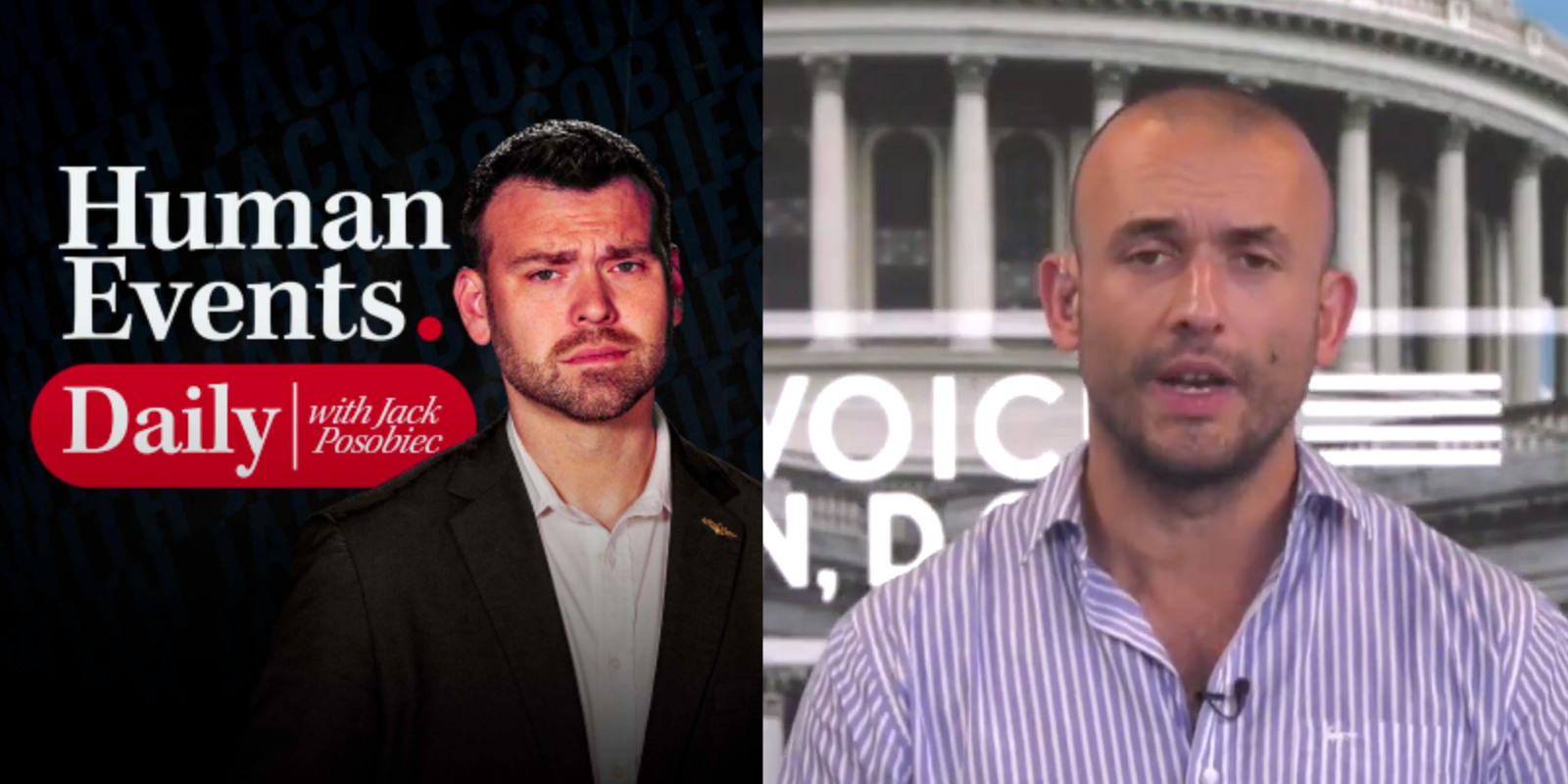This article originally appeared on heartland.org.
There are three paths Congress could take in the wake of a ruling from the Supreme Court that strikes down the Obamacare insurance exchange subsidy system. They amount to a path toward doing nothing, a path toward doing something, and a path toward doing everything.
The do-nothing path is essentially for members of Congress to shrug their shoulders and say it’s the White House’s problem the law is such a mess. The do-everything path would amount to extending the existing subsidies for everyone who has them for two years – which would basically undo the Supreme Court’s ruling and kick the can to the next presidential election.
It’s the do-something camp where there are a variety of views, and not a great deal of certainty because the nature of the Supreme Court decision is as of yet unclear. One particular case is currently being made byfreshman Senator Ben Sasse of Nebraska, who is making the case for extending the entitlement but also freezing enrollment in Obamacare:
“Nothing that I’m proposing is a continuation of Obamacare, expansion or extension or fix,” Mr. Sasse said. “It’s transitional assistance for 6 million disrupted people, but the assistance comes entirely outside of Obamacare so that we can then have the big national conversation we need in 2016.” …
Under Mr. Sasse’s transition bill, Americans affected by the court’s ruling could keep their Obamacare coverage for an 18-month grace period, akin to “Cobra” coverage for people who leave or lose their jobs.
The government would cover 65 percent of their premiums for the first six months, before phasing its assistance down 5 percent each month until it disappears after another year.
Mr. Sasse has gone out of his way to insist his plan is not an invitation to bail out the Democrats and their 2010 law, as it would prohibit new customers in the federal exchange by enshrining, in law, a prohibition on subsidies in those states.
The bill pays for its Cobra-like assistance by requiring that certain Medicaid waivers be budget-neutral. Congressional budget minders have not scored the law yet, but the senator’s office says the bill will save money compared to leaving Obamacare intact.
But what happens when that assistance runs out? Byron York says Republicans are running into the danger of being the dog that caught the car:
The prospect of seeing those people lose their subsidies – even though some have received them for a short period of time, and even though Obamacare has imposed burdensome costs on many other Americans – is just too much for Republican lawmakers to risk …
Hill Republicans fear such a scenario would create huge pressure on Republican governors, who originally declined to create Obamacare exchanges in their states, to change course and set up state exchanges. The result could ultimately be an Obamacare that is even more firmly rooted and difficult to repeal than it is now – all because of a Republican “victory” in court.
To avoid all that, GOP lawmakers have decided to keep the money flowing. Maybe the payments won’t be called subsidies, but they will be subsidies. The essence of Obamacare – government subsidizing the purchase of health insurance premiums – will remain intact.
There’s a lesson here in the danger of having two parties wedded to the idea that redistributive entitlements are appropriate in general. It’s possible that the country lost something significant post-2012, when Republicans started saying entitlements for able-bodied childless working adults were okay – and not just okay, that we as a nation needed to sustain them out of a sense of moral responsibility. That was pretty much unprecedented in the history of bipartisan politics. The GOP never really conceded that idea during the welfare reform fight, the fights over unemployment benefits, the fights over Medicare and Medicaid, and so on.
Now everybody talks as if this is just another form of health care, when it’s really one of the most destructive “benefits” you could create in terms of a disincentive for work. Republicans seem eager to have their fingerprints on “saving” Obamacare, at least for a transitional period, should the Court rule against the administration. Unfortunately for the country, that period may turn out to never end.





